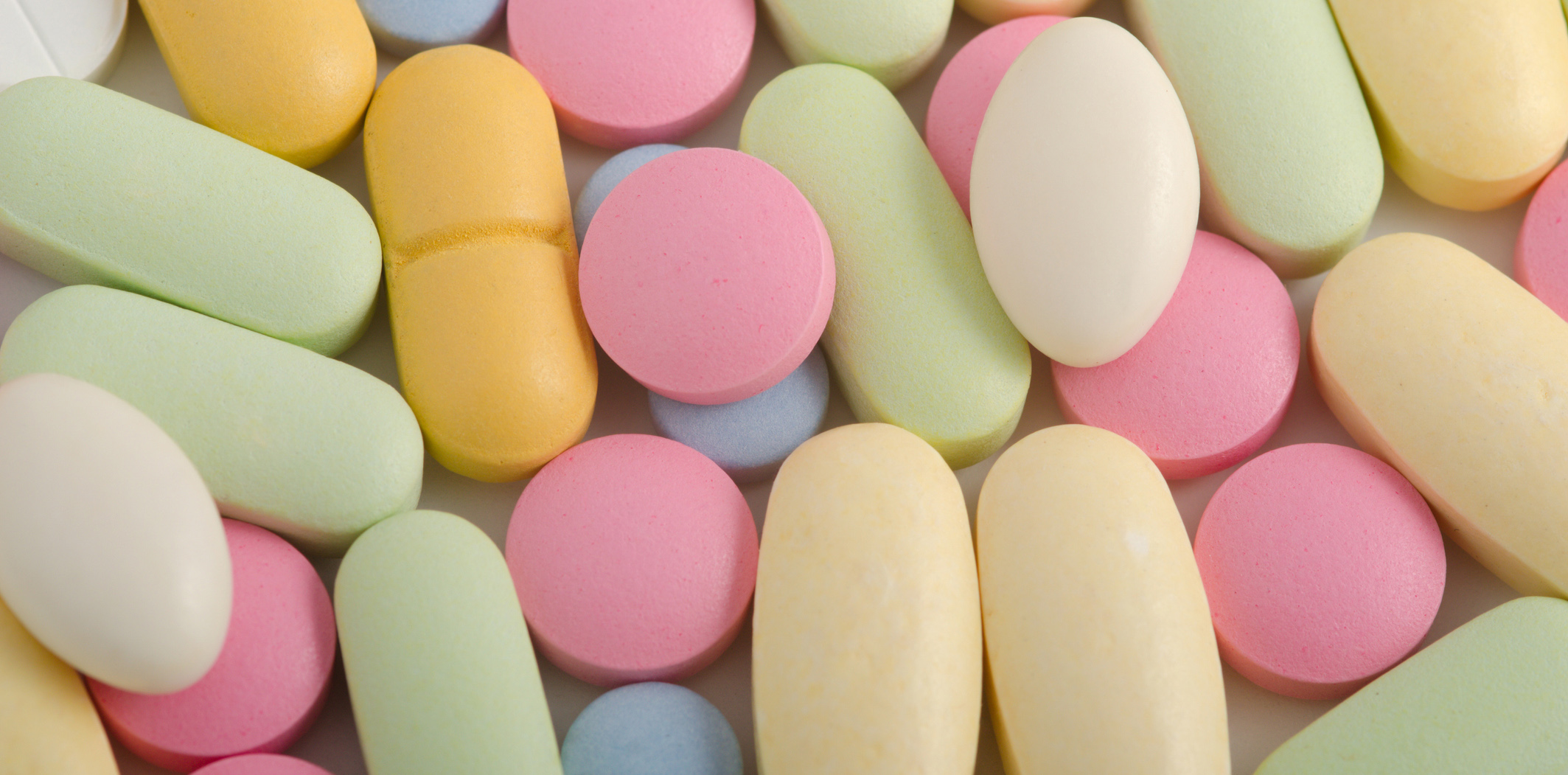16 April 2025
Eli Lilly exec says slow PBS threatens clinical trials funding

There’s an average wait of 466 days for PBS approval. Sixty days will be better for patients, says the pharma’s international boss. It won’t do Eli Lilly any harm either, by the way.
While the candidates cruised around the country spruiking already announced measures in the case of Labor and the Coalition, and free school lunches and Anzac Day fundraisers in the case of the Greens, a top Eli Lilly executive slammed Australia’s Pharmaceuticals Benefits Scheme for the time it takes to approve new drugs for subsidisation.
As US president Donald Trump again threatened tariffs on pharmaceuticals, Ilya Yuffa, boss of Eli Lilly’s international operations, told the Australian Financial Review that the company could pull tens of millions of dollars out of Australian clinical trials unless there were improvements.
Currently it takes, on average, 466 days for a drug to receive PBS approval. Drug companies want that reduced to 60 days.
Eli Lilly is the owner of depression drug Prozac and diabetes treatment Mounjaro, which it is trying to get subsidised through the PBS. The Pharmaceutical Benefits Advisory Committee will consider the proposal at its July meeting. The company has applied three times to the PBAC on Mounjaro’s behalf over the past two years.
“I’ve been coming here for a lot, since I’ve been in this role for three-and-a-half years, and I haven’t seen enough progress,” Yuffa said in an interview with the AFR.
“My hope is we continue to shrink the [approval] time for each new medicine. We are already late on type 2 diabetes. I would like to make progress here.
“Australia is an important market, and we want to bring our innovation, and we want to invest. The question for Australia is, does it want to compete for innovation and does it want to prioritise this sector,” he said.
“There’s more opportunity to invest in Australia.
“Having said that, from an ethical standpoint, it’s a challenge so many people in the clinical trials have to wait many years before ever getting access to that innovation study – that becomes a real challenge.
“If I can come away within months of my visit here with progress on those two fronts, I’ll be a bit more positive on Australia in the future,” he said.
Meanwhile, the US president again threatened to announce tariffs on imported pharmaceuticals (and computer chips) while also suggesting he would relax levies on imported cars and auto parts.
In “the not too distant future” was his timeframe on the pharmaceuticals tariff, saying too many vital medicines were imported into the US from other countries.
“We don’t make our own drugs any more,” he said.
Australian pharma CSL exports most of the $1.6 billion worth of Australian-made drugs exported to the US.
The US president has launched national security probes into the sector – a process that could take months. He also signalled relief from the tariffs for “certain companies”, if or when they happen.
“I’m a very flexible person. I don’t change my mind, but I’m flexible,” Trump said, when asked about possible exemptions.

